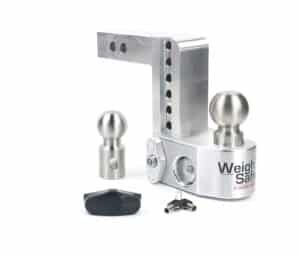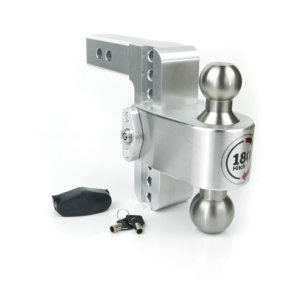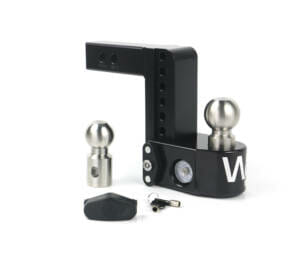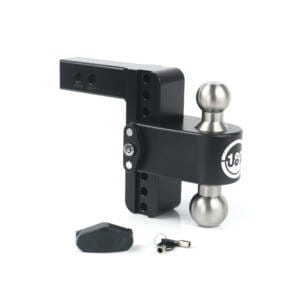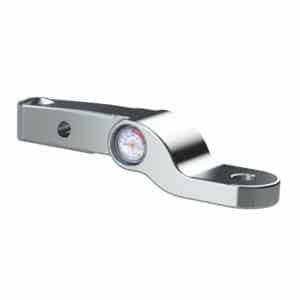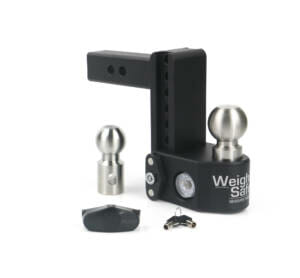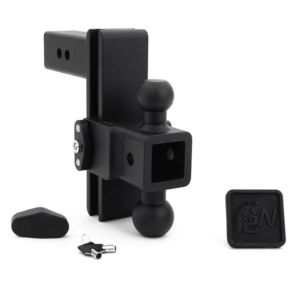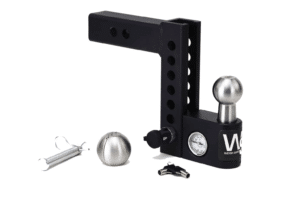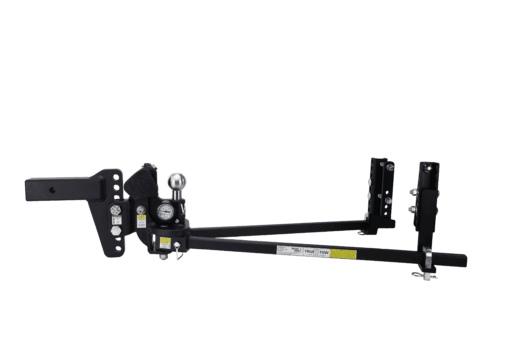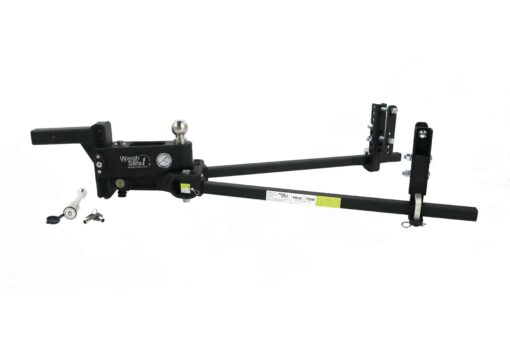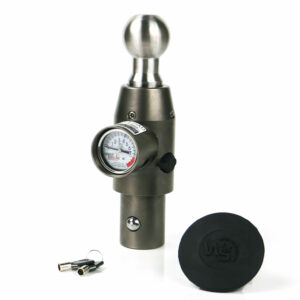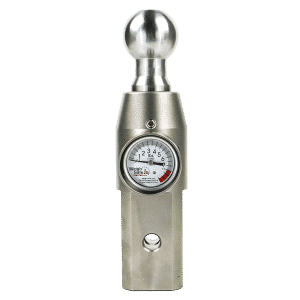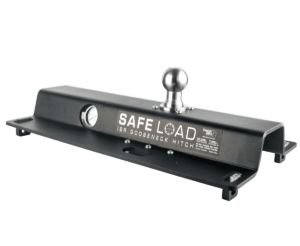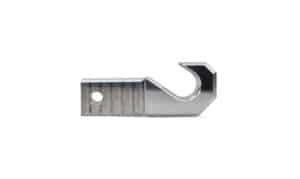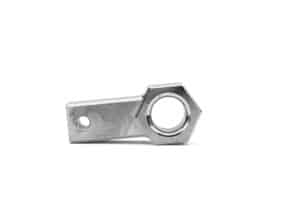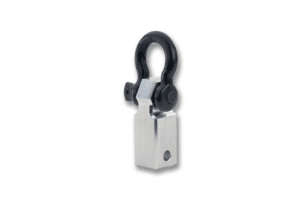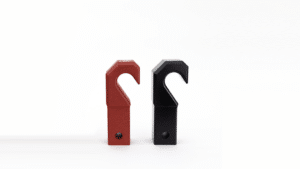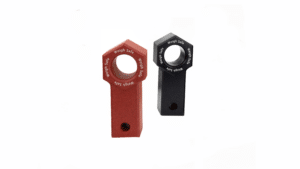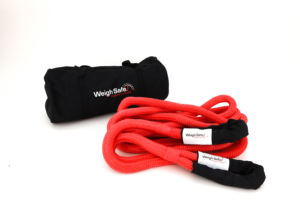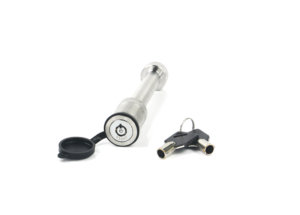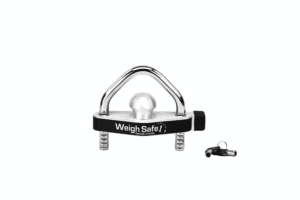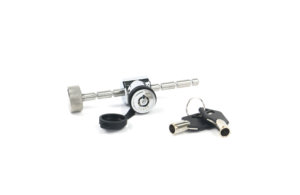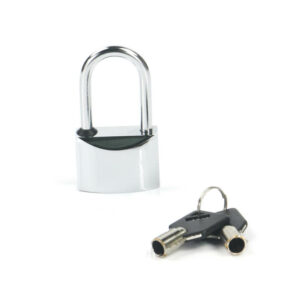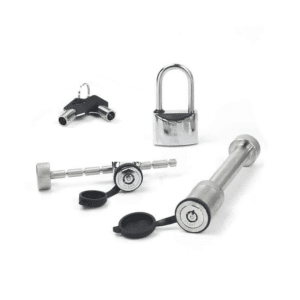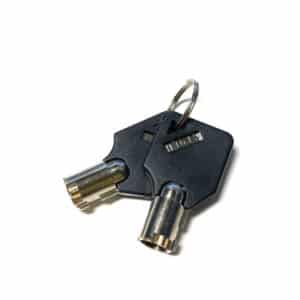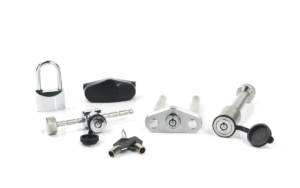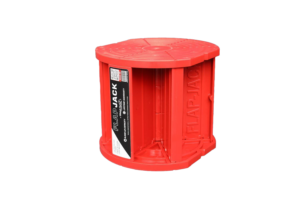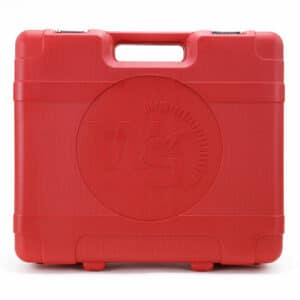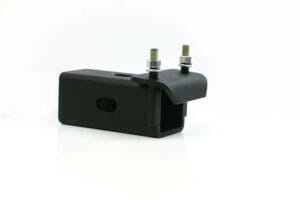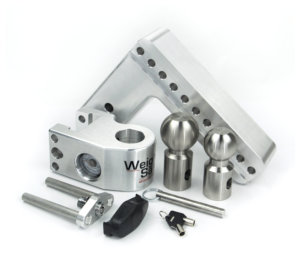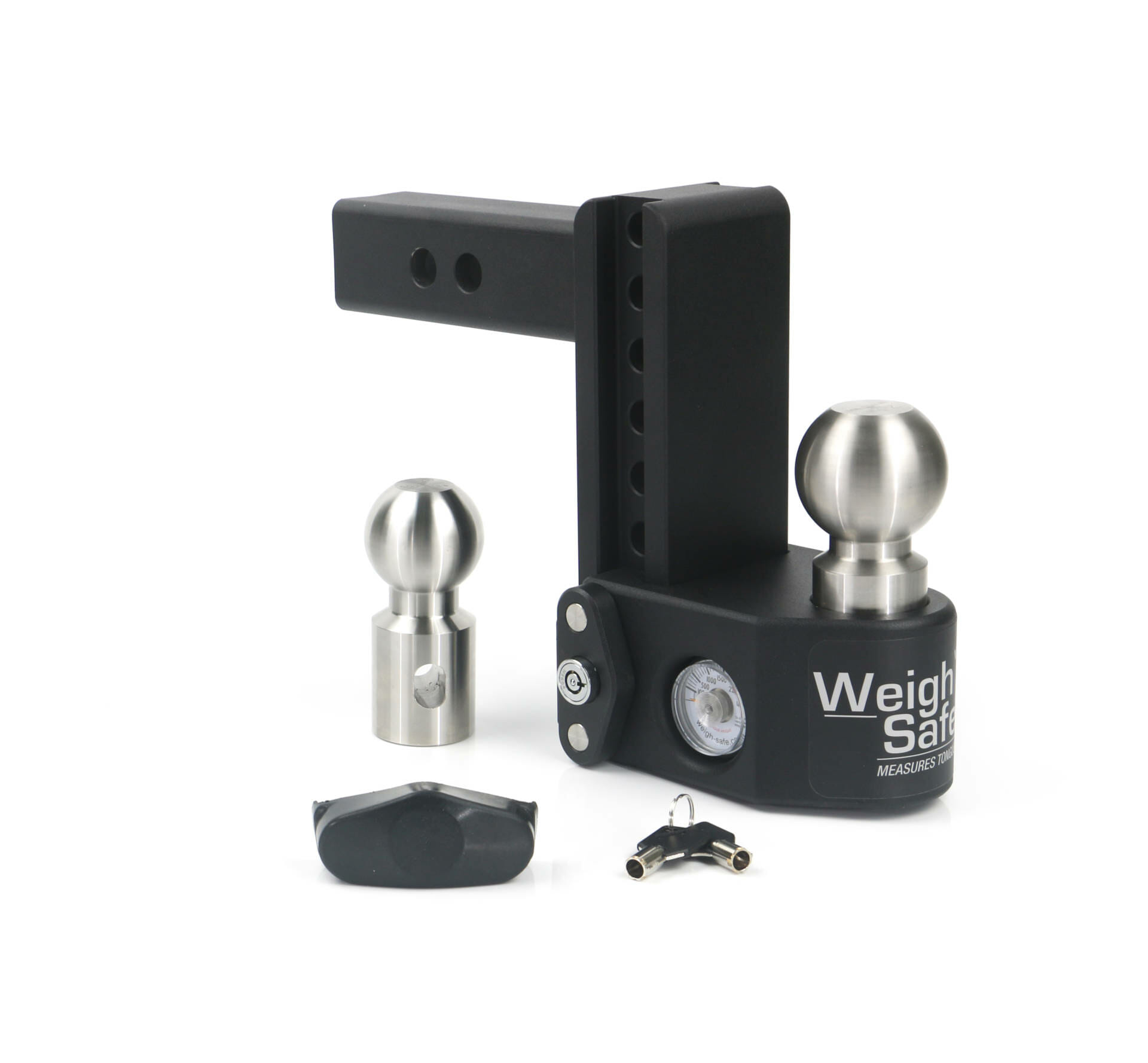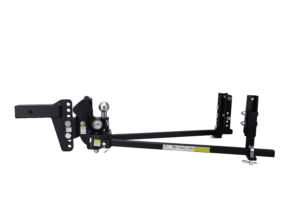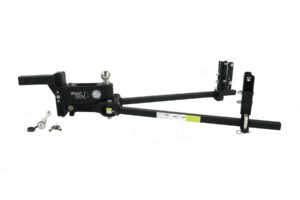Towing Safety
Trailer Towing Laws: Which Federal and State Regulations Apply to YOU?
Trailer towing laws, codes, requirements and limitations…Ahh …sifting through those feels a bit like reading a long textbook in a foreign language. Are we right?
But, never fear…your Weigh Safe team is here to help keep your towing experience legal, safe, and simple.
Did you know that because trailers are attached to your vehicle, their use is governed by the law? Yes, indeed. And, if you are planning to tow a trailer behind your vehicle, you need to be mindful of federal and state laws governing trailer safety and installation requirements.
Why? Because failure to comply with federal and state towing regulations can create a dangerous situation that leads to property damage, personal injuries, and expensive litigation.
Yikes. Have you ever read a state’s legislative code on transportation, entirely? How about all 50 of them? No? What about all of the regulations published by the Federal Motor Carrier Association? If so, give yourself a big round of applause because that’s an insane amount of reading.
Need a place to help you get started?
Ta-da! Meet your summary of federal and state trailer towing requirements. In this guide, we’ll review the most important factors you need to be aware of when it comes to towing a trailer legally, including: registration, insurance, safety equipment, and safety measures. Did we mention that we’ve also included some examples, references, and links to official legislative resources? Oh, yep, we did.
Let’s begin…
Let’s say you have two drivers, each with the exact same truck, trailer, and hitch…towing the exact same kind of landscaping equipment. You may assume that they are liable to comply with the same towing laws and regulations…
But, they aren’t.
You see, one driver is towing privately owned equipment for use at his private property, while the other driver is towing business-owned equipment to a jobsite.
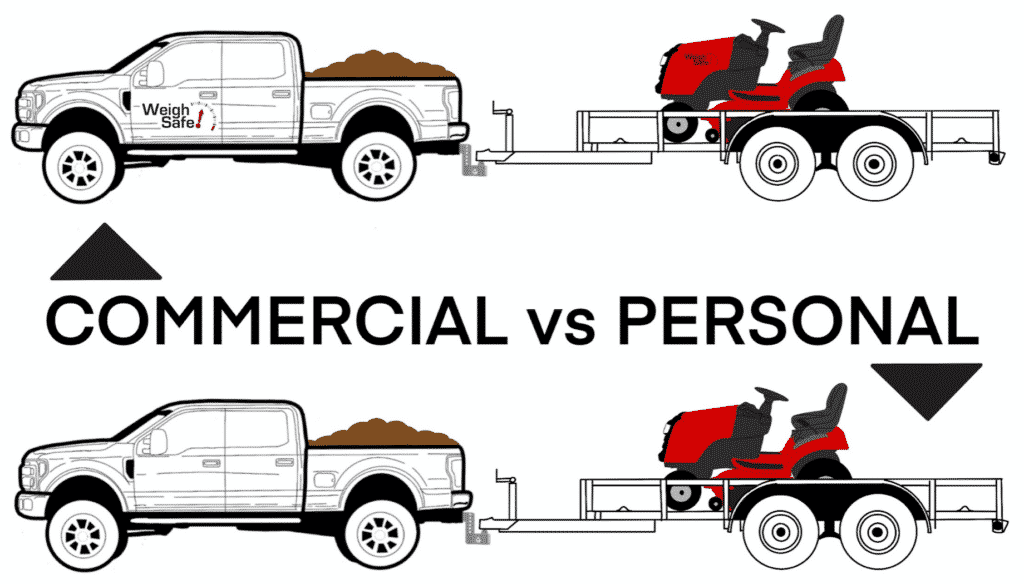
Even though their hitch set-up and load looks identical….
- The business owner towing equipment for commercial use will have more laws and safety regulations to comply with than the driver towing equipment for personal use.
- Federally enforced regulations come into play for the driver who is towing materials for commercial use.
Towing loads for private use
As explained above, if you’re only planning to tow a loaded trailer for private use, you only need to be mindful of your state’s most basic regulations.
State Regulation Basics:
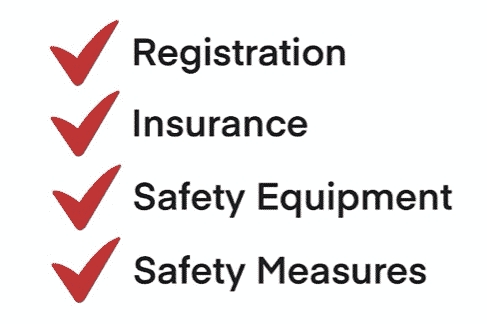
Let’s use an example to help illustrate what this means…
Example #1: Light-duty towing for personal-use in the state of Utah
Let’s say you are living in Utah, and you’ve just purchased a trailer to tow landscaping equipment to and from your house. You’re planning to use your trailer to pick up a stump grinder and a powerized tiller that you’ve rented for leveling out some areas of your yard.
You ask yourself:
“Do I know how to tow this equipment with my new trailer, safely and legally?”…
“Er…..” You realize you don’t know what Utah’s safety regulations are for towing loaded trailers.
So, you head to google… and now, here you are! Ready to follow this easy guide:
MINIMUM REGULATIONS TO COMPLY WITH
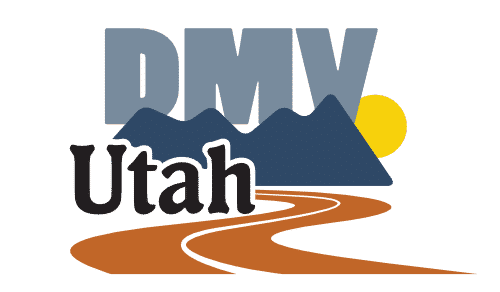
REGISTRATION
- For this example scenario, you’d want to start by making sure both your truck and trailer are registered in the state of Utah.
- Every vehicle operated in Utah, including travel and tent trailers, weighing more than 750 lbs, must be titled and registered. Utah’s Division of Motor Vehicles, Trailers
- Check with your state’s DMV to comply with your state’s registration regulations.
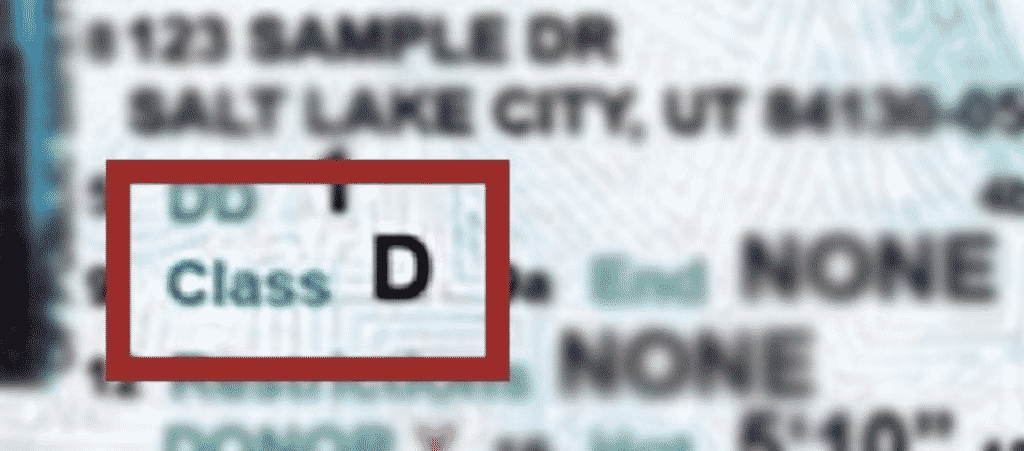
LICENSING
- In this case, you’ll likely be using a light-duty truck and light-duty trailer with a GVW (gross vehicle weight) of under 10,000 lbs.
- This means you’ll be able to tow your trailer, legally, with a Class D driver’s license (this is the most common type of license, and likely, the one you already have).
- Holders of a Class D driver’s license can typically tow loaded trailers that weigh fewer than 10,000 lbs. UCA 53-3-102
- Some typical examples include boat trailers, travel trailers, landscape trailers, etc.
INSURANCE
- Just like your truck has to be insured, the state of Utah also requires you to insure your trailer. Utah’s Division of Motor Vehicles, Insurance Requirements
- You will need to provide proof of this insurance in order to register your trailer.
Pro tip: Ask your insurance provider or agent about adding the trailer to your existing auto policy.
SAFETY EQUIPMENT
- Trailer Connections: In the state of Utah, the connection between your truck and the trailer must consist of a drawbar, trailer hitch, or other similar device.
- It is not to exceed 15 feet in length. UCA 72-7-403
- Emergency chains: An emergency chain or cable capable of supporting the weight of the trailer is also required. UCA 41-6a-1634
-
- These chains, which cross over in the shape of an X to connect the trailer to the towing vehicle, help prevent separation if the hitch connection fails.
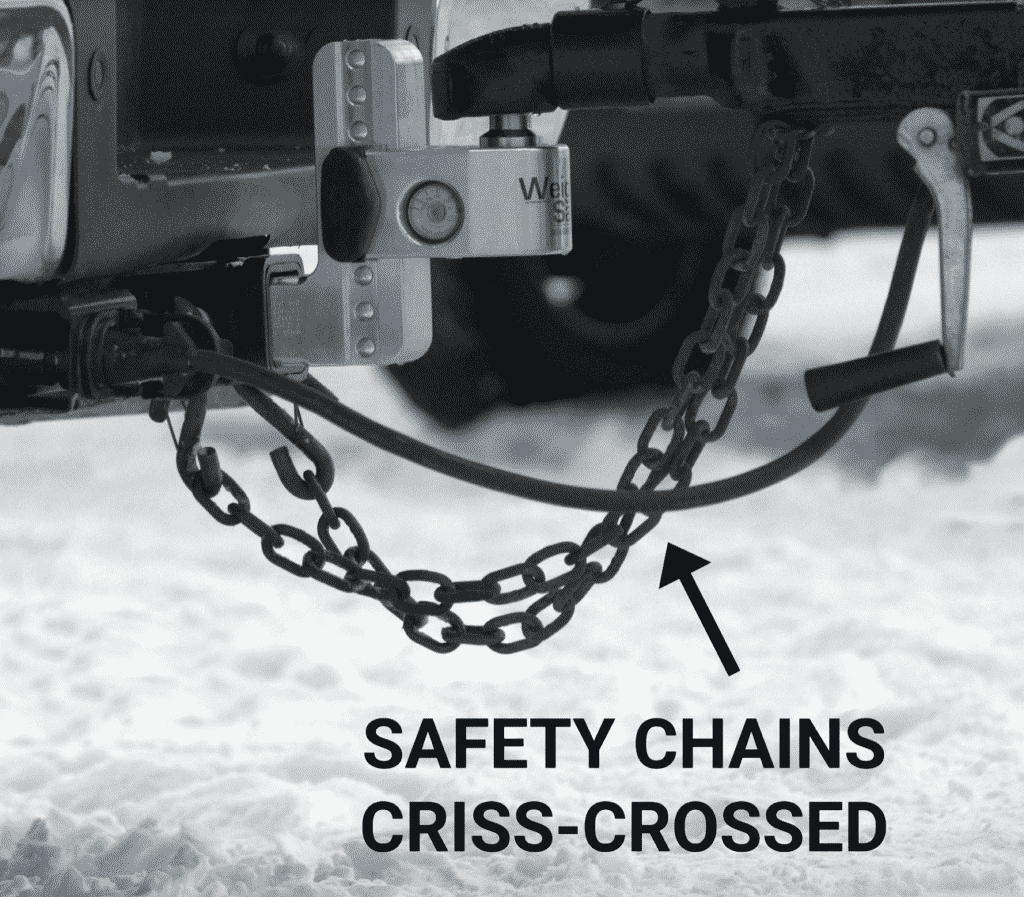
- Trailer Brakes: In the state of Utah, every combination of vehicle is required to have a service braking system which will stop the vehicle or combination within 40 feet from an initial speed of 20 mph on level, dry, smooth, hard surface. 41-6a-1623
- All trailers with brakes must have an annual state inspection.
- Breakaway brakes: Like safety chains, these prevent accidents when your hitch fails. These are power brakes that apply to the trailer upon separation from your truck.
- Check your official legislative resources to find out which trailer brake regulations are required in your state.
- Some states have no rule regarding brakes and others require brakes on all trailers. For trailers with more than one axle, some states require brakes on all axles, some require brakes only on a single axle.
- Trailer Lights: At minimum, the state of Utah requires your trailer to have…
- Tail lights, brake lights, and license plate lights
- Turn signals and 2 or more red reflectors
- Clearance lights: In the state of Utah, a trailer over 80 inches must have clearance lights.
- UCA 41-6a-1604
- Pro tip: It’s up to you, of course, to make sure all of your lights are working any time you hit the road, so always check tail, brake and signal lights before each trip.
WEIGHT AND SIZE
- Trailer Weight
- In the state of Utah, you may not tow a trailer on any highway with a gross weight in excess of 10,500 lbs on one wheel UCA 72-7-404
- Trailer Height
- The maximum trailer height in the state of Utah : 14′ UCA 72-7-402(1)
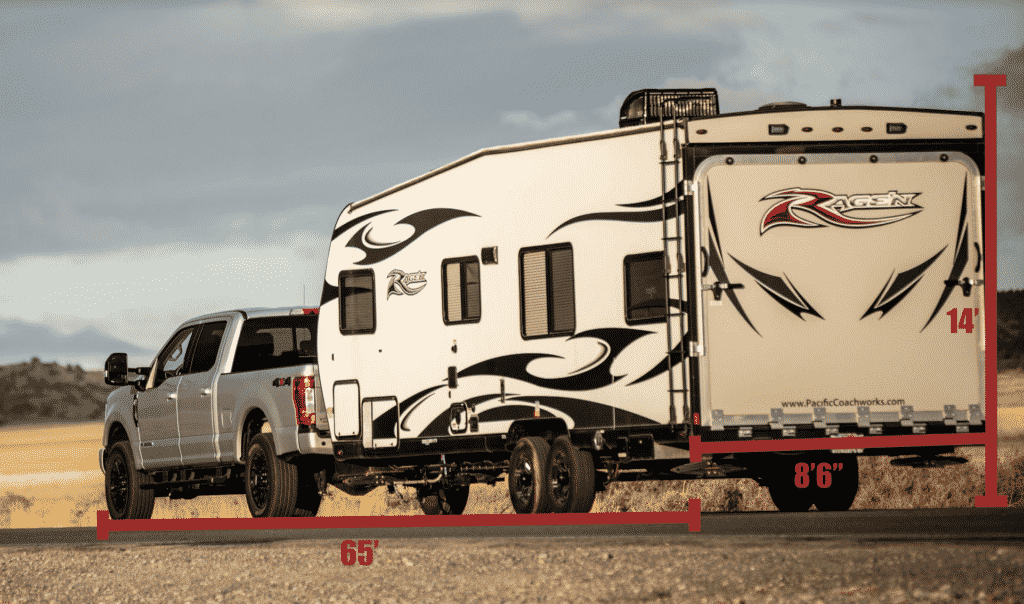
- Trailer Width
- The maximum trailer width in the state of Utah: 8′ 6 UCA 72-7-402(1)
- Pro tip: In most states, a trailer more than 8 feet 6 inches in width is considered a “wide load” and subject to a number of regulations, such as special permits, flags or banners, and limits on when the trailer can be on the road (no weekends in some states, for example).
- Trailer Length
- In the state of Utah, a truck-trailer combination is allowed up to 65 feet of overall length. UCA 72-7-402
SAFETY MEASURES
- You can avoid incidents and legal claims by becoming familiar with all parts and safety requirements of your tow set-up…
- Tow Capacity: Make sure your truck is capable of towing your loaded trailer
- Hitch: Learn how to operate your hitch or drawbar and secure it properly for travel.
- Tongue Weight: Learn what it means to load your trailer within its target tongue weight
- Pro tip: check out this video, Dangers of Improper Tongue Weight
- In the state of Utah, a person may not operate a combination of vehicles when any trailer, semitrailer, or other vehicle being towed:
- whips or swerves from side to side dangerously or unreasonably; or
- fails to follow substantially in the path of the towing vehicle.
- UCA 72-7-403
- Tie downs: If you are loading anything onto a trailer that could possibly fall off, you’ll need tie-downs to secure it at multiple angles.
- For this scenario, you’d want to bring several ratchets to position and secure both pieces of equipment to your trailer
Get off to a to great start by checking out this article: Definitive Guide to Safe Towing
When do federal trailer towing regulations apply?
The simplest answer: When making money is involved.
If you are a business owner, towing a trailer for business purposes, or furthering commercial operations of any kind, then federal safety regulations apply to you.
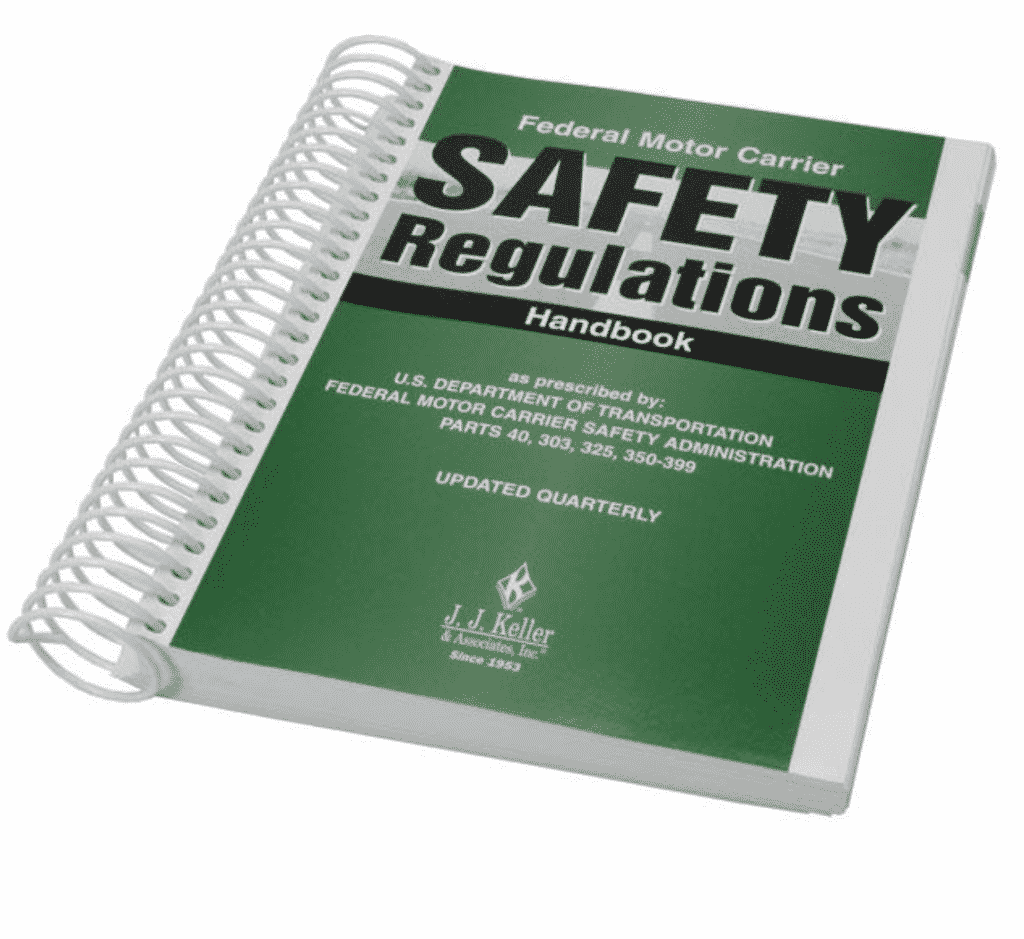
Here’s some questions to help you evaluate if federal regulations apply to you:
- Do you declare prize money as income from a business for tax purposes?
- Are the costs for the underlying activities deducted as a business expense for tax purposes?
- Do you accept products and/or money for advertising a sponsor?
- Is your trailer being used in the furtherance of commercial operations?
If you answered “YES” to any of these questions, you are legally required to follow appropriate commercial regulations for the locations you travel, intrastate or interstate. (Federal Motor Carrier Safety Regulation, Part 390.3)
Requirements for towing a trailer commercially
As we mentioned above, drivers who plan to tow commercially need to be ready to take their safety regulation awareness to a whole other level.
But, let’s also be clear on this one thing:
There’s no way the full extent of federal safety regulations for commercial carriers can be fully explained here.
However, we can get you started by emphasizing that the safety of your staff and protection of your business relies on the following:
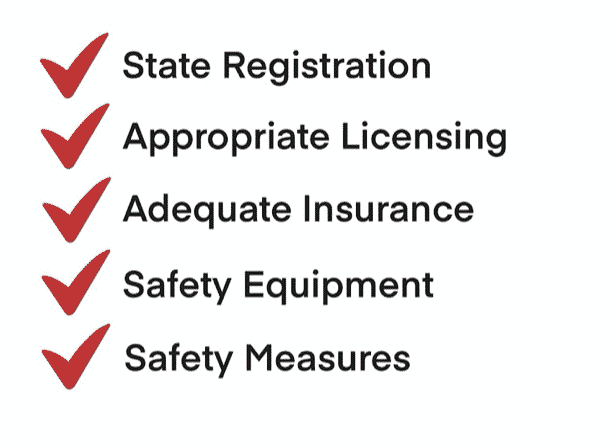
So, are you ready to kick it up a notch??
Alright then, let’s move onto the next big important factor…
When it comes to towing for commercial use, you will encounter drastic changes once you cross the threshold of 10,000lbs GVW.
What kind of changes?
Well, not necessarily any changes to your tow set-up or equipment.
You’ll notice big changes in the cost of your insurance, required regulations, and associated licenses.
Let’s use another example to illustrate…
Example #2: Towing 12,000lbs of landscaping business equipment
Okay, so now, let’s say you are a landscaping business owner living in Salt Lake City, Utah. Your business has grown in size, and you’re hoping to send a couple of employees and 12,000lbs of landscape equipment to complete a job in Ogden, Utah. You ask yourself:
“Do I know the regulations required to get this job done, legally?”
“Er…..” You realize you don’t know exactly what the federal safety regulations are for towing trailers.
So, you head to google… and now, here you are, ready to follow this simple guide:
MINIMUM FEDERAL REGULATIONS TO COMPLY WITH
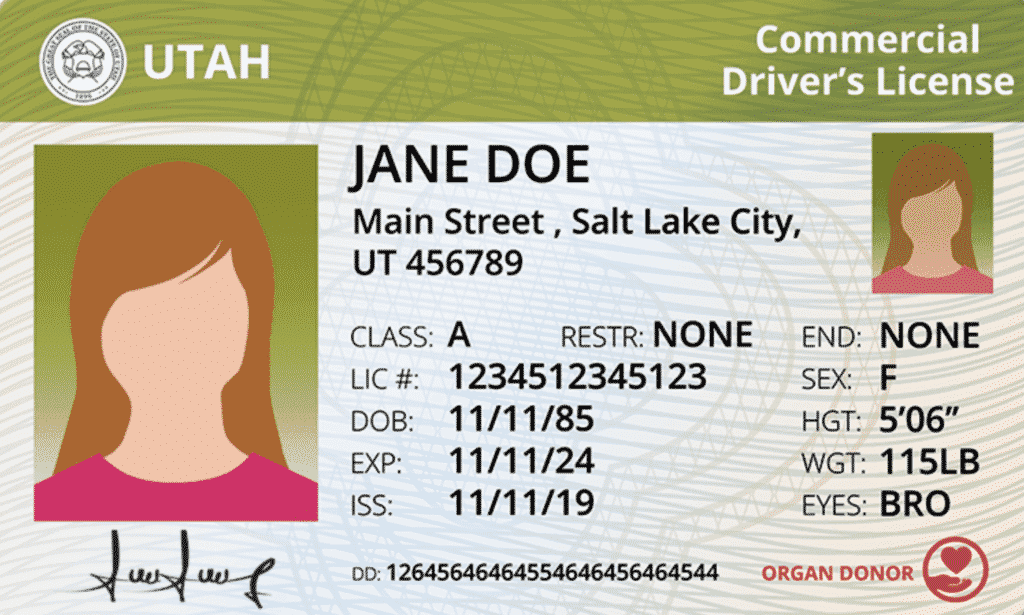
LICENSING
- In this scenario, your crew will be towing a trailer with a GVW (gross vehicle weight) of over 10,000 lbs. This is kind of a big deal. Why? Because…
- Any commercial driver towing a trailer exceeding 10,000 lbs GVW, needs to hold a current CDL or “Commercial Driver License”. UCA 53-3-412
- Other Helpful Resources:
- Federal Regulation Commercial Driver License Standards – 49 CFR 383
- Federal Motor Carrier Safety Regulations – 49 CFR 390
REGISTRATION
- As with towing a trailer for personal-use, you’ll want to make sure both your truck(s) and trailer(s) are registered in the state of Utah.
- However, for this example, your drivers will have to carry more than just proof of registration. Here’s a few requirements that apply in the state of Utah:
- CDL drivers are required to have a DOT medical card in their possession Utah Department of Public Safety, DOT card
- You must have a USDOT number and display it on your power unit in addition to the carrier name. Utah Department of Transportation, USDOT numbers
- Transport vehicle(s) must carry proof of an annual inspection Federal Motor Carrier Association, Inspections
- Drug and Alcohol Testing applies
- Record keeping applies
- Accident recording applies
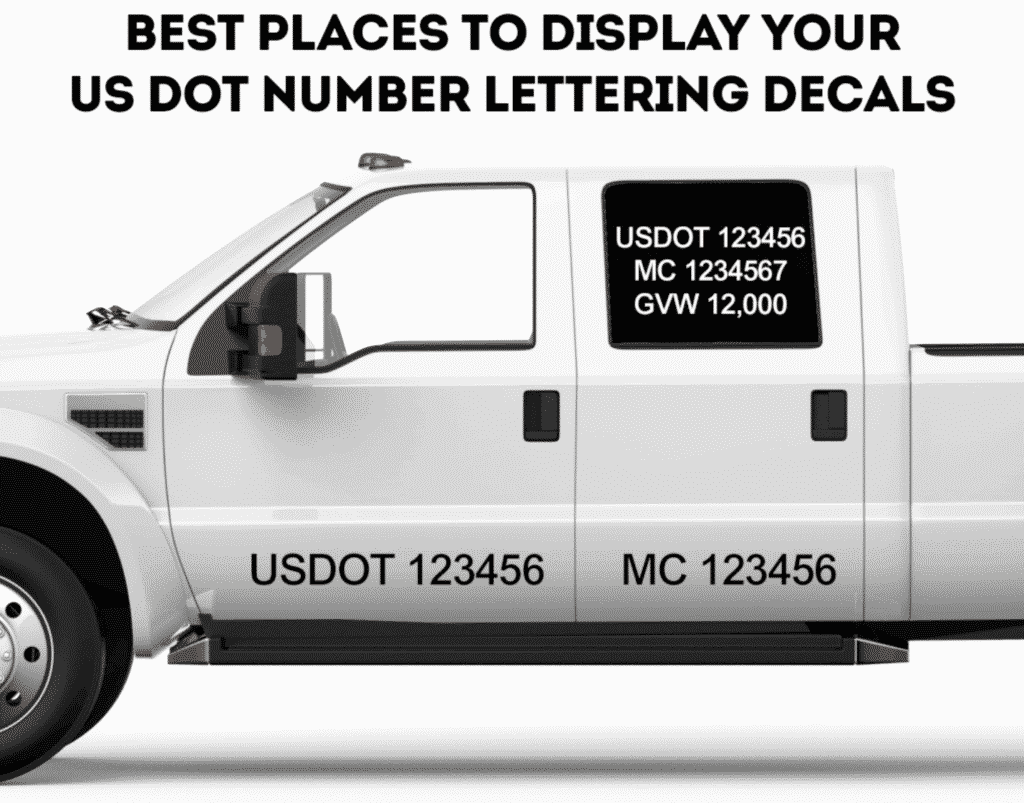
INSURANCE
- Utah state law requires all commercial auto policies to have a minimum liability limit of $25,000 per person, $65,000 per accident for bodily injury and $15,000 for property damage. UCA 31A-22-305
- In this scenario, it would be important for you to choose limits that match your business vehicles in addition to what’s required by Utah law. Failure to do so could leave you responsible for a claim that financially affects your business. Utah Insurance Department, Business Use of Your Auto
- Pro Trip: discuss any business use of your truck and trailer with your insurance agent to ensure you are adequately covered.
- Other Helpful Resource: Motor Carrier Insurance Requirements
SAFETY MEASURES AND EQUIPMENT
- For towing more than 5,000 lbs: check out this article: Complete Guide to Towing with a Weight Distribution Hitch
- For towing 16,000 – 30,000 lbs, or more: check out this article: The Ultimate Guide to Safe Heavy-Duty Towing
Other helpful resource: Utah DOT & Safety Regulations
You may be wondering…
“Do I need to be mindful of the differences from one state’s trailer towing regulations to another?”
Our answer:
Yes, especially, if you are towing a trailer for commercial use.
Intrastate vs Interstate
INTRASTATE COMMERCE – hauling loads in only one state
- Mandated by the state
INTERSTATE COMMERCE– crossing state or country borders
- Handled by the Federal Motor Carrier Safety Administration (FMCSA)
- 49 CFR 390.5
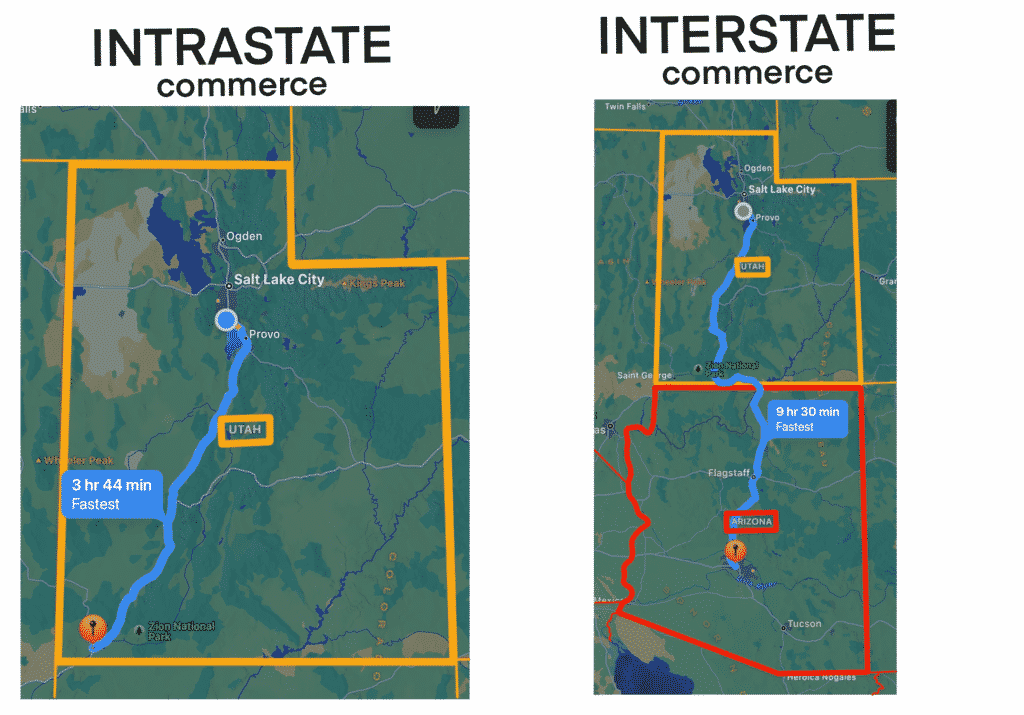
When are you subject to inspection?
In general, if you are transporting loads intrastate with a privately owned pickup or light duty truck, you will rarely be pulled over for inspection – unless a clear, visual violation is apparent:
- trailer overload
- trailer sway
- unlevel trailer and truck
However, if you get in an accident – your truck, trailer, and towing equipment will be subject to a strict DOT inspection (Department of Transportation).
For great tips on avoiding towing violations, check out this article: Seven Risks You Take by Not Measuring Your Trailer’s Tongue Weight
This brings us to our next example…
Example #3: Towing 20,000lbs of landscaping business equipment across state boundaries
Okay, so now, let’s say your business has grown big enough that you are ready to send your employees, and 20,000lbs of landscape equipment, to complete a job in Bear Lake, Idaho.
This means you have answered ‘YES’ to all three of the big factors we’ve discussed, so far….
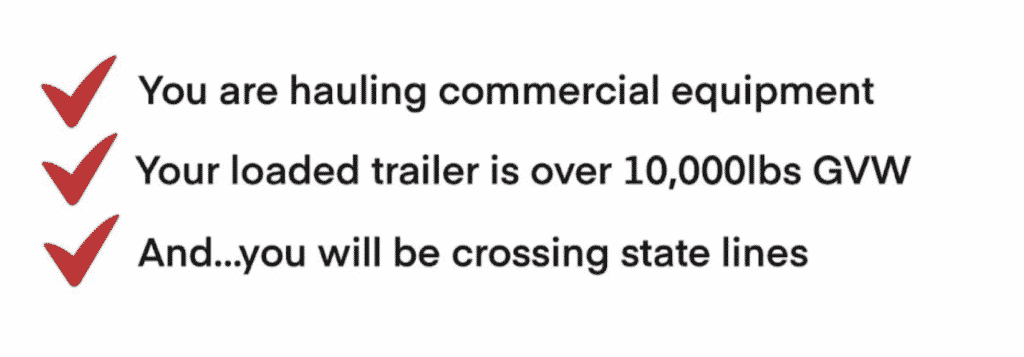
You’re feeling pretty confident about handling commercial registration, licensing, insurance, safety equipment, and taking proper safety measures.
But, now you’re curious…
“As a business owner, towing for commercial purposes, what can I expect when crossing port of entries at state borders?”
Answer: In most cases, nothing!
Passing through Port of Entries
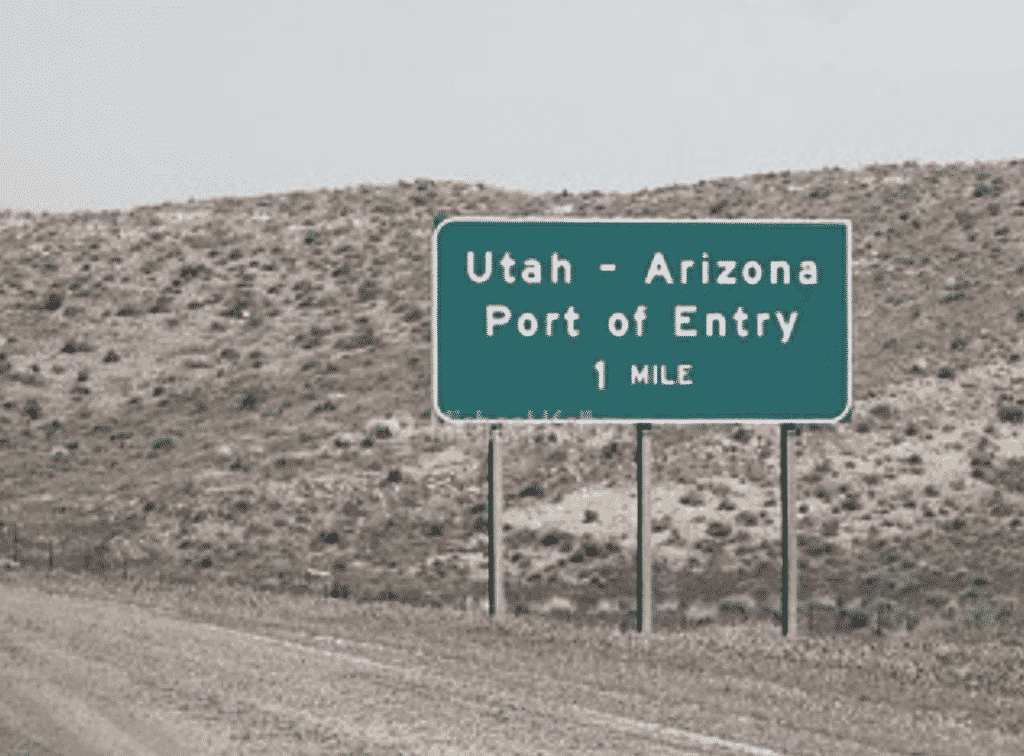
Most port of entries are fairly automated and allow the vehicle to ‘pass’ through the port at a slow rate of speed. As you pass through:
- Officers will visually inspect your load
- In-road scales will capture the weight of your vehicle
If everything is in order, you’ll simply receive a greenlight to continue forward. If something were to be noticed during inspection, i.e…
- a missing motor carrier number on the vehicle
- a load that seems to be overweight
- or, a load of hazardous materials that doesn’t comply with Federal Interstate Commerce Regulations
…the driver would then see a red light with an indicator to pull into the port for further inspection and documentation.
Will I get a ticket?
If, as a commercial vehicle, you are found to be in violation of local, state or federal laws relating to legal weight, equipment specifications or drivers license type – you will be fined.
If, in the case of an accident, you are found to be in violation of any of those items – you will not only be fined, but also exposed to civil litigation for damages.
Officers manning the port of entry at each state have the ability to write a citation with a fine for safety or weight violations (or, what is called a ‘fix it ticket’, for minor violations). In extreme cases, where safety is priority, the port of entry officer has the ability to impound the vehicle until the violations are corrected.
Managing the risks of towing a trailer
We cannot finish this article without addressing one last important fact:
Driver error can lead to trouble with the law, as well.
So, in addition to following all state and federal safety regulations, you also need to practice and follow safe driving techniques. Failing to do so could be a form of negligence that creates serious legal liability.
Keep in mind that, in many cases, your trailer will weigh more than your truck. All that extra weight behind your truck will have a huge impact on your truck’s driving ability. You’ll need to learn new driving techniques to ensure safety on the road while towing:
- Know the maximum safe speed at which your truck can safely tow your trailer. You’ll need to take into account how its behavior changes depending on its load and road conditions. Proper maintenance, including keeping tires adequately inflated, is also an important part of maintaining control.
- Allow for longer stopping distances. Be more attentive to vehicles stopping suddenly ahead of you when towing, and begin braking sooner than if you weren’t towing

- Take constant care to make wider turns at curves and corners. Remember, gooseneck hitches pivot faster because they’re attached in the middle of your truck bed (not to the bumper), so you’ll need to swing wider than you would with a receiver hitch trailer.
- Drive in the right lane on highways as much as possible. This will make it easier for you to get over to the shoulder if ever you need extra stopping room or happen to have a tire blowout.
- Don’t ride your truck’s brakes on long downhills. Shift your truck’s transmission to a lower gear to help slow your speed and take some strain off of the brakes. Applying the brakes at intervals to keep the speed in check (as opposed to constant application of the brake pedal) will help keep the brakes from overheating.
- Consider Height. Trailers can be much taller than the truck, so keep clearances in mind when pulling into gas stations or low bridge situations
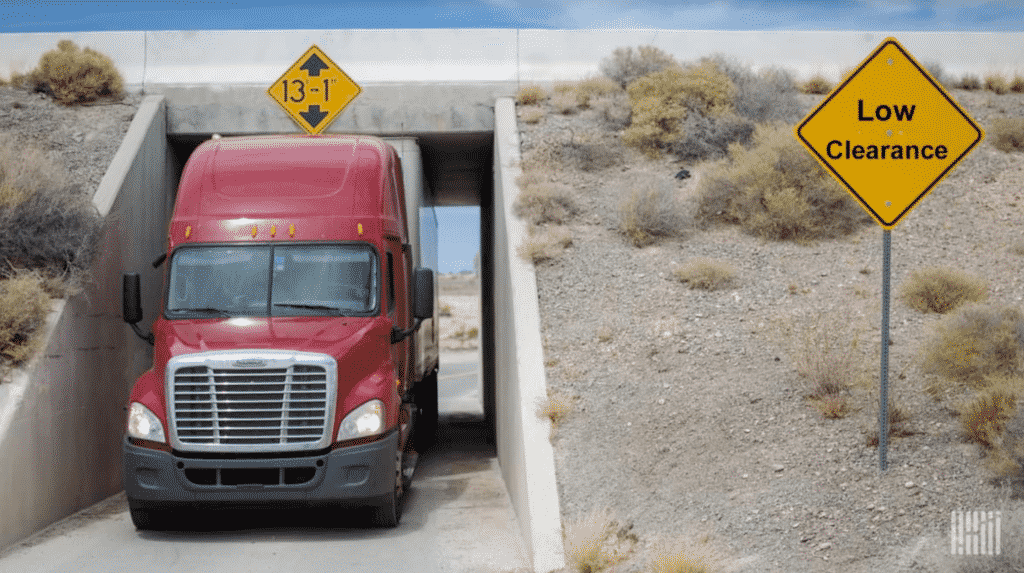
- Use a spotter when backing up. Have someone outside at the rear of the trailer while backing up whenever possible. Even wide tow mirrors can’t provide all the visibility you may need, particularly in situations where there are other vehicles, objects, or people in close proximity.
- Check your route ahead of time. Some roads don’t allow trailers on them, and certain roads also have weight, height, and width limits. Plan your route ahead of time to avoid the hassle of having to backtrack to find roads that allow your rig.
CONCLUSION
This article doesn’t even come close to covering the full extent of trailer towing laws and safety regulations (especially for commercial carriers) – however, drivers who take these three big factors into consideration will be well on their way to towing safely and legally!
For more support and tips on towing, you can browse some of our how-to videos, or feel free to contact us with any of your questions. We’re here to help!
